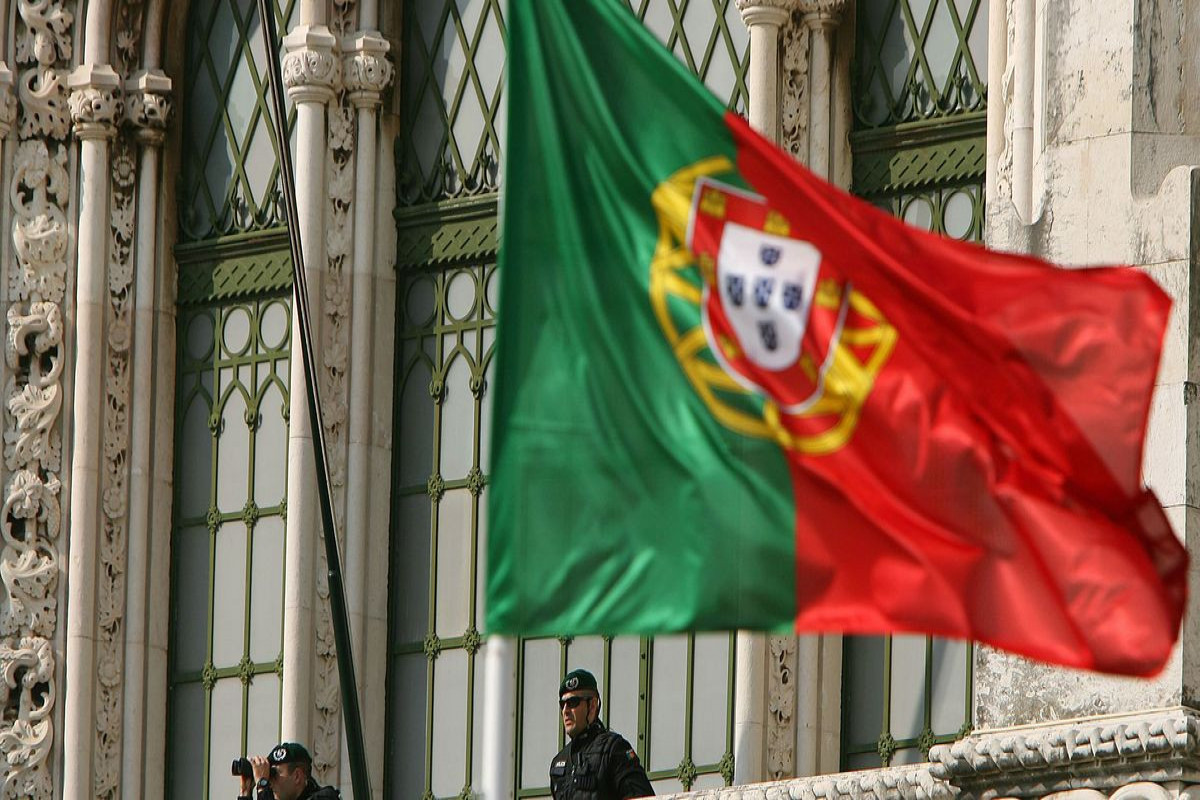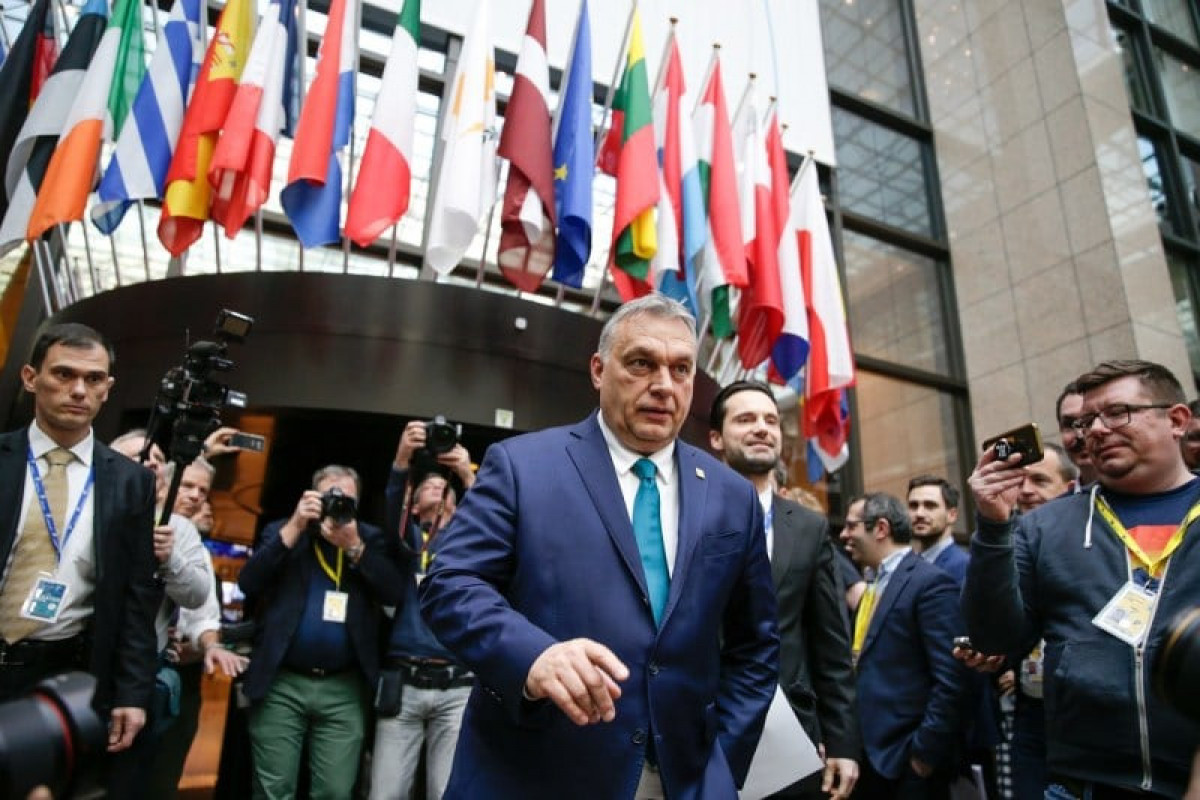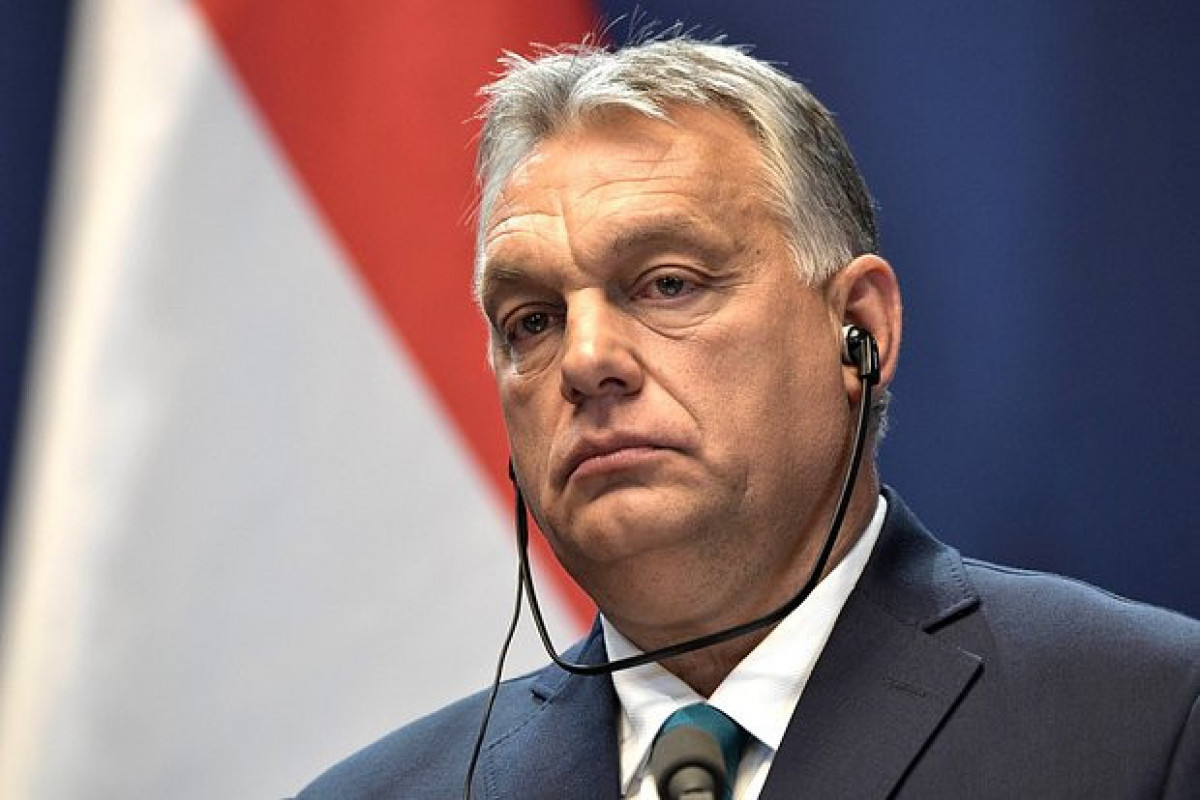The Portuguese government has refused to initiate the process of paying reparations for the colonial past and slavery, despite the president's statement, APA reports citing Reuters.
Earlier, Portuguese President Marcelo Rebelo de Sousa said that reparations should be paid to countries that suffered from the transatlantic slave trade in which Portugal participated.
A government statement quoted by the agency said there was "no process or program of specific actions" to pay reparations. It emphasized that the government wants to "deepen mutual relations, respect for historical truth and increasingly intense and close cooperation, based on the reconciliation of brotherly peoples." It is also noted that the prime minister described relations with the former colonies as "truly excellent" and mentioned cooperation in education, language, culture, health and economy.
Earlier, Ghanaian President Nana Akufo-Addo said during a debate at the 78th session of the UN General Assembly that the United States and Western European countries should pay reparations to Africa for the slave trade. The first colonies in Africa were established by the current European states in the 16th century. At the Berlin Conference of 1884-1885, the territory of Africa was finally divided among the European powers. The UK, France and Portugal had the largest colonies in Africa.
The process of mass liberation of the peoples of Africa from colonialism began in the 60s of the 20th century. The Portuguese colonial empire at various times included Angola, Brazil, East Timor, Cape Verde and Mozambique, as well as some parts of India.






